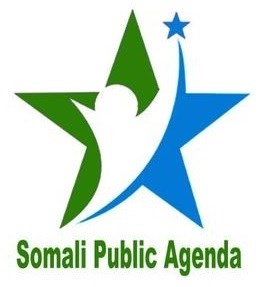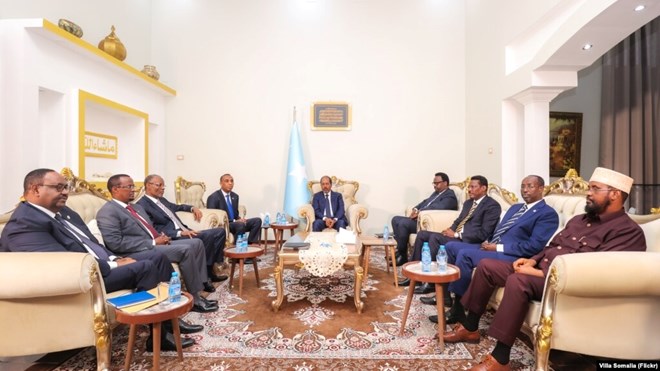
Friday February 24, 2023

Since the election of Somalia’s President Hassan Sheikh Muhamud in mid-May 2022, the National Consultative Council (NCC), a body by the top FGS, FMS, and BRA leaders, has met four times in Mogadishu. The NCC is a de facto high-level platform for executive leaders at FGS and FMS levels in Somalia who negotiate and agree on contentious political issues.
advertisements
In the past five years, the NCC meetings have tended to be ad hoc. The only notable matter its members have deliberated and decided on was the indirect election. NCC members did not discuss any substantive issues in their first two meetings in June and September last year. However, in its third meeting in late October, the NCC agreed on the implementation of the National Security Architecture (NSArch) – which dates back to April 2017 – and established a technical committee tasked with revising the agreement. In late December 2022, the NCC agreed on the judiciary model for Somalia and the power allocation arrangement and has already scheduled for late February 2023 deliberations on other contentious political issues including elections and fiscal federalism. However, Puntland withdrew from the NCC after the agreements on power allocation and judiciary model and froze its role in the NCC.
The FGS leadership sees this political forum as a suitable platform that meets once every two months to discuss and agree on the key contentious political issues in Somalia that crippled the review and completion of the provisional federal constitution. This governance brief examines the NCC agreements on the judiciary model and power allocation. It explores the further challenges it faces, and puts forward several policy considerations.